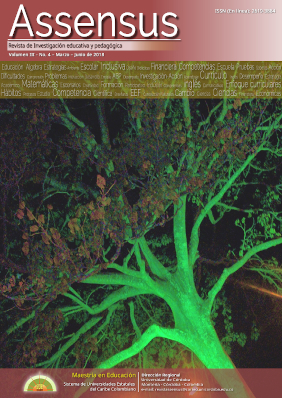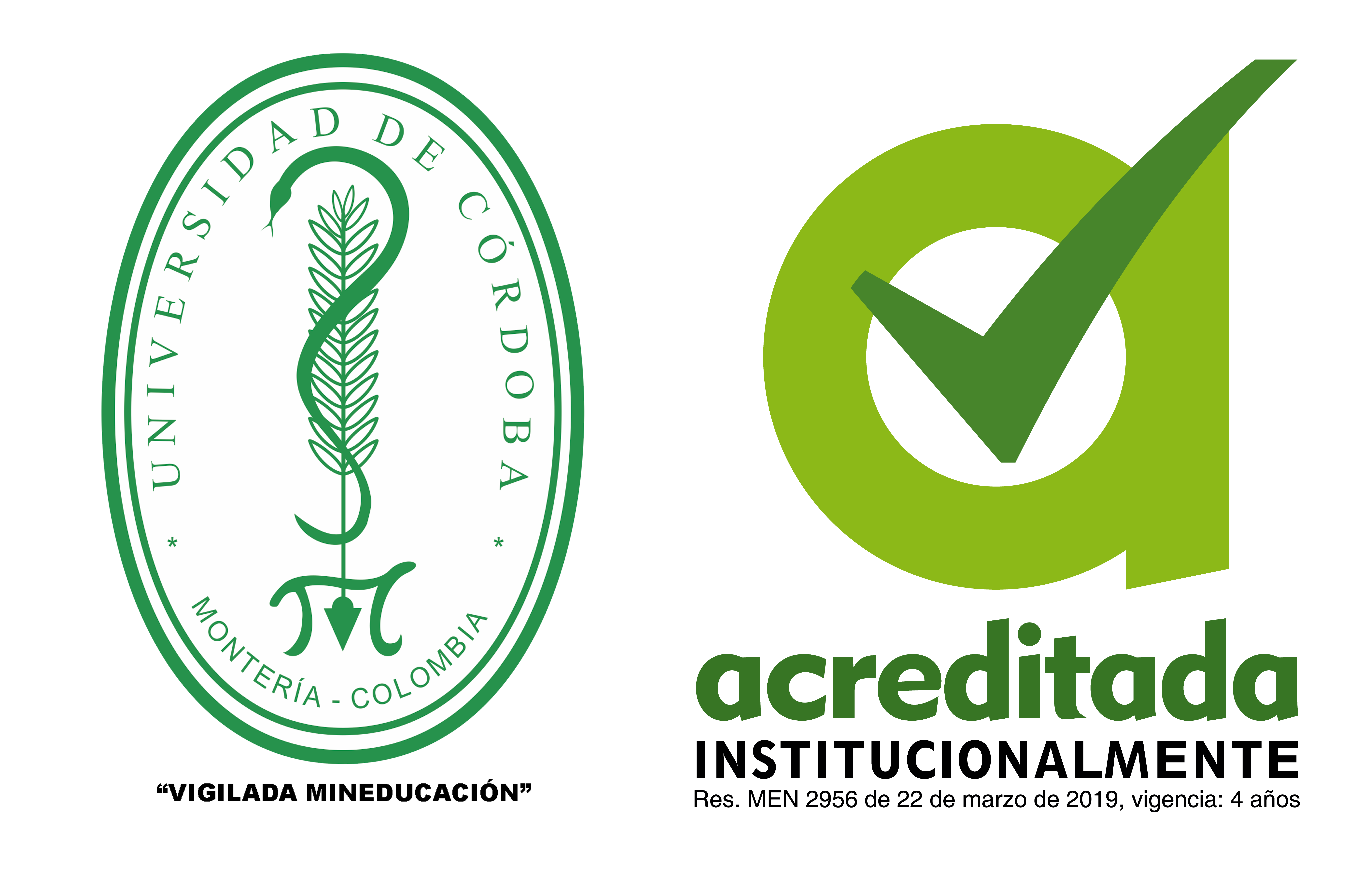Problem-based learning as a strategy for the development of economic and financial competences from algebra
Aprendizaje basado en problemas como estrategia para el desarrollo de competencias económicas y financieras desde el algebra
The Assensus journal has a Creative Commons license. The citation, use and partial or total reproduction of the contents is authorized by citing sources. For more information, see https://creativecommons.org/licenses/by-sa/4.0/deed.en
Show authors biography
The paper shows the results of evaluate the relative effectiveness of problem-based learning (PBL), compared to the traditional method, for the development of economic and financial competence (CEF) from the teaching of algebra, at the Educational institution San José de Carrizal of the municipality of San Carlos Córdoba. The implementation strategy of two didactic units of working is established, based on the ABP approach and organized around three domains: the contents (economic and financial), the competences (planning and administration), and the contexts (home, company and state)). The study is framed within the quantitative approach, and is quasi-experimental with two groups: experimental and control. A pre-test was applied to these groups, and after the intervention, a post-test of equivalence control between them was applied. The nonparametric tests of Wilcoxon and Mann-Whitney were used in the analysis of results. The results obtained allowed us to establish that, in general, economic and financial competences improved both in the experimental group and in the control group, with which is expected to enable students to better deal with practical situations and establish short and long term benefit relationships. Medium term in an ethical, active and responsible manner.
Article visits 1042 | PDF visits



